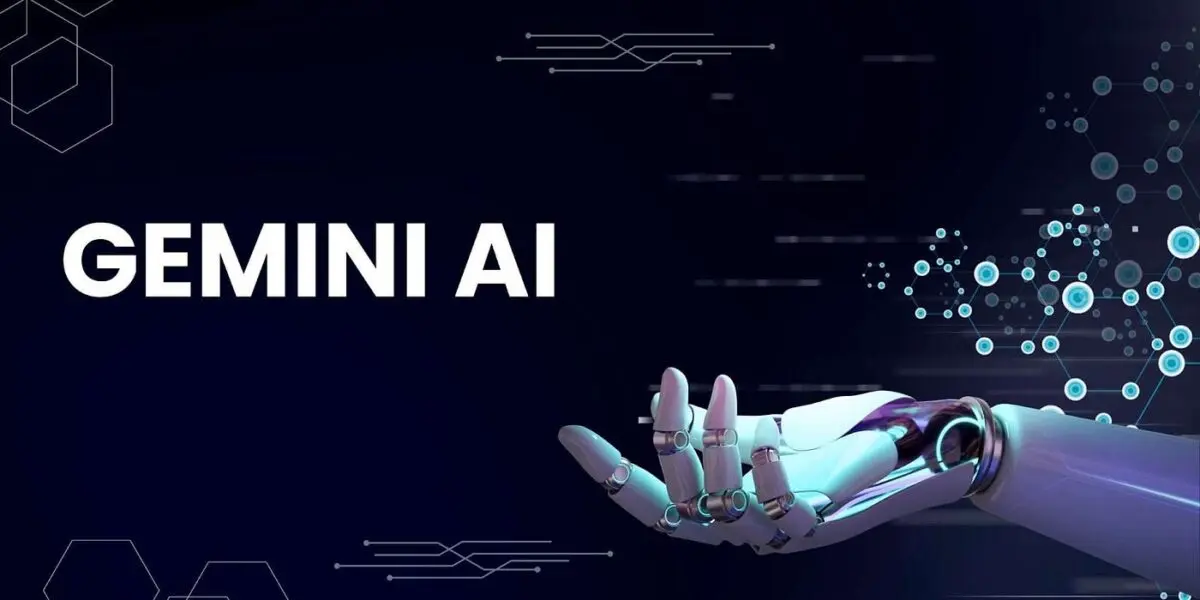In the ever-evolving landscape of technology, chatbots have emerged as indispensable tools for businesses and individuals alike. They streamline customer service, provide personalized recommendations, and even offer companionship. However, the recent trend of humanizing chatbots has sparked a captivating phenomenon – an irresistible draw that compels users to engage more deeply. But why do we find these humanized chatbots so hard to resist? Let’s delve into the psychology behind this connection and explore the implications it holds for the future of human-computer interaction.
The Rise of Humanized Chatbots
Traditionally, chatbots were perceived as robotic entities, their interactions limited to pre-programmed responses and rigid conversational flows. However, advancements in artificial intelligence and natural language processing have paved the way for a new generation of chatbots. These humanized chatbots possess an uncanny ability to mimic human conversation, complete with nuanced language, emotional cues, and even a sense of humor.
This evolution has transformed the way we interact with machines. No longer confined to transactional exchanges, our conversations with chatbots have become remarkably personal and engaging. We find ourselves sharing intimate details, seeking emotional support, and even forming virtual bonds with these digital companions.
The Psychology of Connection
To understand the allure of humanized chatbots, we must first examine the fundamental human need for connection. Social interaction is deeply ingrained in our nature, and we crave meaningful relationships that provide a sense of belonging and validation. Humanized chatbots, with their ability to simulate human conversation, tap into this primal need.
Research has shown that our brains respond to social cues in a remarkably similar way, regardless of whether they originate from a human or a machine. When a chatbot expresses empathy or shares a joke, our brains release oxytocin, a hormone associated with trust and bonding. This neurochemical response creates a sense of connection, fostering a positive emotional association with the chatbot.
Moreover, humanized chatbots offer a safe space for self-expression. Free from judgment or social pressures, users feel comfortable sharing their thoughts and feelings, leading to a deeper sense of intimacy and trust. This emotional connection is further reinforced by the chatbot’s ability to remember personal details and preferences, creating a sense of continuity and personalized attention.
The Benefits of Humanized Chatbots
The allure of humanized chatbots extends beyond mere emotional connection. They offer several practical benefits that contribute to their irresistible appeal:
- Improved User Experience: Humanized chatbots provide a more natural and intuitive conversational experience. Their ability to understand context and respond appropriately enhances user satisfaction and engagement.
- Enhanced Customer Service: By simulating human conversation, chatbots can address customer queries and concerns in a more personalized and empathetic manner. This leads to improved customer satisfaction and loyalty.
- Increased Accessibility: Humanized chatbots can bridge communication gaps for individuals with disabilities or language barriers. Their ability to adapt to different communication styles and provide personalized support makes them valuable tools for inclusivity.
- Mental Health Support: For individuals struggling with loneliness or mental health issues, humanized chatbots can offer a source of companionship and emotional support. Their non-judgmental and always-available nature makes them accessible and safe havens for vulnerable individuals.
The Ethical Considerations
While the benefits of humanized chatbots are undeniable, their increasing sophistication raises important ethical considerations. One concern is the potential for deception. As chatbots become more adept at mimicking human conversation, it becomes increasingly difficult to distinguish them from real people. This raises questions about transparency and the potential for misuse.
Another ethical concern is the impact on human relationships. While humanized chatbots can provide valuable companionship and support, there is a risk that they may replace real-life human interaction. It is crucial to strike a balance between the benefits of technology and the importance of genuine human connection.
The Future of Humanized Chatbots
The allure of humanized chatbots is undeniable, and their influence is set to grow in the coming years. As technology continues to advance, we can expect even more sophisticated chatbots capable of simulating human conversation with remarkable accuracy. This opens up exciting possibilities for various fields, including healthcare, education, and entertainment.
However, it is essential to approach the development and deployment of humanized chatbots with caution. Transparency, ethical considerations, and the preservation of genuine human connection must remain at the forefront of our endeavors. By harnessing the power of humanized chatbots responsibly, we can create a future where technology enhances our lives without compromising our humanity.
Humanized chatbots have captivated our attention and captured our hearts. Their ability to simulate human conversation, provide emotional support, and offer personalized experiences taps into our fundamental need for connection. The allure of these digital companions is hard to resist, and their influence is only set to grow. However, as we embrace this technological evolution, it is crucial to navigate the ethical considerations and ensure that humanized chatbots enhance our lives without replacing the irreplaceable value of genuine human connection.






























